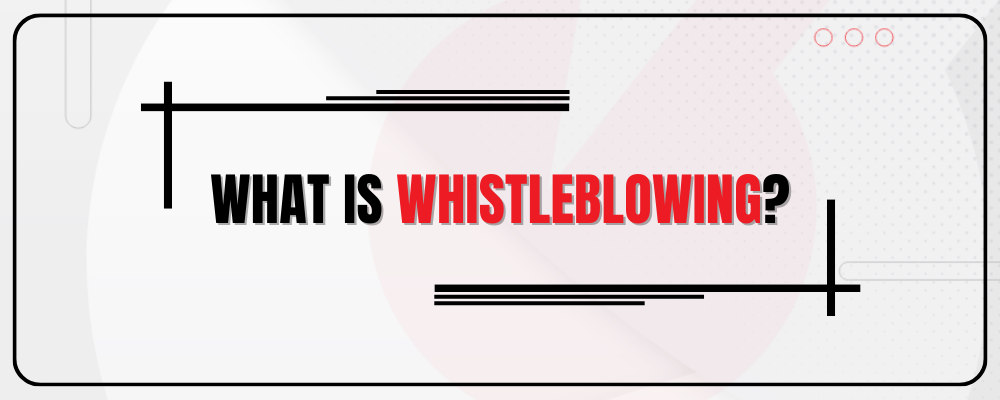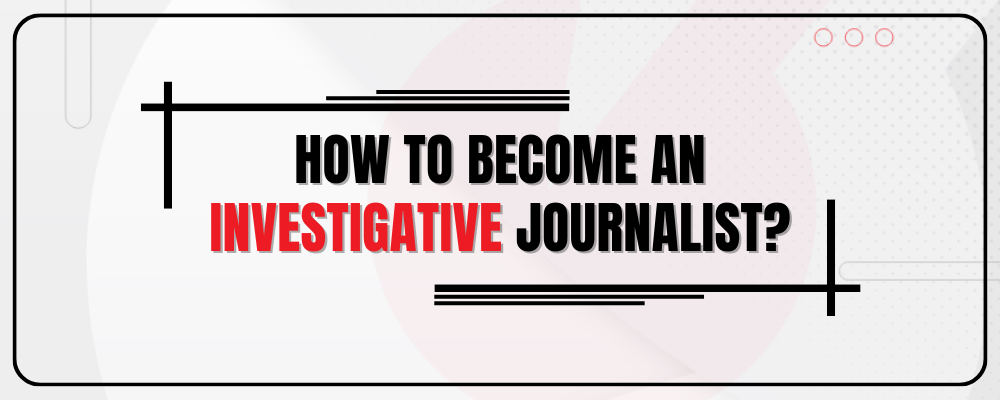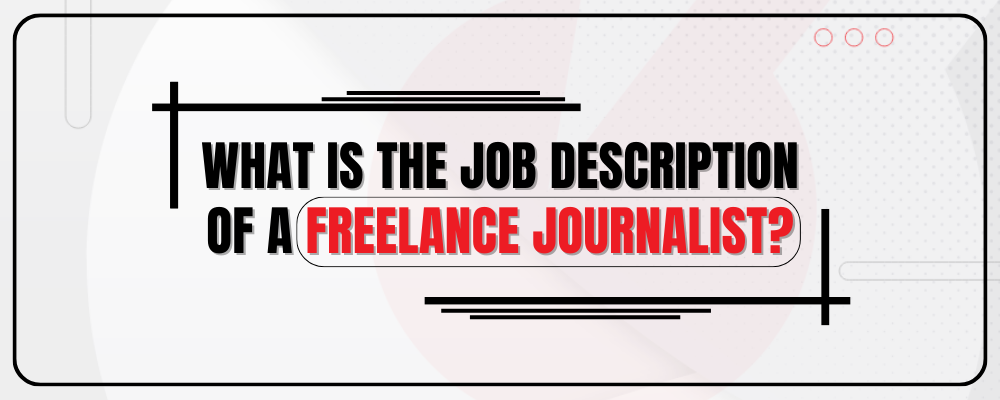Whistleblowers play a crucial role in modern society by exposing information about illegal, unethical, or improper activities within organizations.
These individuals, often insiders with privileged information, choose to step forward and disclose the truth, sometimes at great personal risk.
In this article, we will explore various aspects of whistleblowing, including motivations, types of whistleblowing, legal protections and the impact of whistleblowers on society.
Definition of Whistleblower
A whistleblower is an individual who brings attention to misconduct, fraud, corruption, or other forms of wrongdoing within an organization. These individuals may be employees, former employees, or individuals associated with the organization who decide to reveal information that is not publicly known.
Motivations
Whistleblowers are typically motivated by a sense of moral or ethical duty. They witness activities that are harmful, illegal, or against established codes of conduct, and they choose to speak out in the interest of public safety, justice, or the well-being of the organization. Motivations can also include a desire to correct systemic issues or to prompt positive change within an organization.
Types of Whistleblowing
There are two primary types of whistleblowing:
1. Internal Whistleblowing
This occurs when individuals report misconduct within the organization directly to higher-ups, human resources, or designated channels. The aim is often to address the issue internally and bring about positive change without involving external entities.
2. External Whistleblowing
In this case, whistleblowers disclose information to external entities such as regulatory bodies, law enforcement agencies, or the media. This type of whistleblowing is often pursued when internal reporting channels are ineffective, or when the wrongdoing poses a significant threat to the public or the environment.
What is the Whistleblowers Policy?
Whistleblowers may face potential retaliation for their actions, such as termination, harassment, or other forms of discrimination. To address this concern, many countries have implemented whistleblower protection laws and policies.
The primary purpose of a whistleblower policy is to create a mechanism that allows employees or members of an organization to come forward with concerns without fear of retaliation.
Legal Safeguards: Laws that prevent employers from taking adverse actions against whistleblowers and provide legal remedies for those who face retaliation.
Confidentiality Measures: Protections to maintain the confidentiality of the whistleblower’s identity during and after the reporting process.
Anti-Retaliation Provisions: Clear prohibitions against any form of retaliation and mechanisms to hold those who retaliate accountable.
Reporting Mechanisms: Clear instructions on how to report concerns, including designated channels and contact information. This could involve an anonymous hotline, an ombudsman, or a specific individual or department responsible for handling whistleblower reports.
Documentation and Recordkeeping: Guidelines on how the organization will document and keep records related to whistleblower reports, investigations, and resolutions. Proper documentation is crucial for accountability and compliance purposes.
Whistleblower Protection Act
The legal framework for whistleblowers varies by country, sometimes by industry and the specific legislation may change over time.
In the United States, for instance, key pieces of legislation include the Whistleblower Protection Act, the Sarbanes-Oxley Act, and the Dodd-Frank Wall Street Reform and Consumer Protection Act.
These laws offer protections and incentives for whistleblowers, encouraging them to come forward with information about corporate fraud, securities violations, and other forms of wrongdoing.
The Whistleblower Protection Act of 1989 (WPA) is designed to protect federal government employees who disclose information about misconduct, fraud, waste, and abuse within their agencies. The law prohibits reprisals against federal employees for making such disclosures.
Key features of this Act include:
- Protected Disclosures: It protects federal employees who disclose information they reasonably believe evidences wrongdoing, including violations of laws, rules, or regulations, gross mismanagement, waste of funds, abuse of authority, or a substantial and specific danger to public health or safety.
- Prohibition of Retaliation: It prohibits agencies from taking or threatening retaliatory actions against employees for making protected disclosures. Retaliation includes adverse personnel actions such as termination, demotion, suspension, or other unfavorable changes to employment.
- Procedures for Reporting: It provides procedures for federal employees to make protected disclosures, including reporting to the Office of Special Counsel (OSC). The OSC is an independent federal agency that investigates and prosecutes prohibited personnel practices, including whistleblower retaliation.
- Legal Remedies: If a federal employee experiences retaliation for making a protected disclosure, the WPA provides legal remedies. This may include corrective action, disciplinary actions against those responsible for the retaliation, or other remedies to make the employee whole.
- Exemptions: Certain categories of employees, such as those working in national security and intelligence-related activities, are exempt from some provisions of the WPA. However, alternative avenues for reporting wrongdoing may be available to them.
Reporting Channels
Many organizations establish formal channels for reporting misconduct. These can include hotlines, ombudsman programs, or specific departments responsible for handling whistleblower reports.
Establishing clear and accessible reporting channels helps ensure that whistleblowers can bring their concerns to the attention of the organization’s leadership or designated authorities.
Impact of Whistleblowers
Whistleblowers can have a profound impact on society. Their disclosures can lead to investigations, legal actions, regulatory changes, and increased awareness of ethical issues. The exposure of corporate wrongdoing can protect shareholders, consumers, and the public at large.
In some cases, whistleblowers’ actions have contributed to the exposure of major scandals and systemic problems, prompting organizations and governments to implement reforms.
One notable real life example of whistleblowing involves Edward Snowden, a former contractor for the National Security Agency (NSA).
In 2013, Snowden disclosed classified documents to journalists, revealing the extensive global surveillance programs operated by the NSA. His revelations exposed the mass collection of communication data, including phone records and internet activities of both American citizens and individuals worldwide.
Snowden’s actions ignited a global debate on privacy, government surveillance, and the balance between national security and individual freedoms.
While his disclosures raised concerns about national security implications, they also prompted discussions about the need for greater transparency, oversight, and protections for individual privacy.
Challenges Faced by Whistleblowers
One of the biggest challenges faced by whistleblowers is the fear of retaliation. When someone decide to expose misconduct or illegal activities within organizations, they risk facing severe professional and personal consequences.
This fear of reprisal comes in various forms, including termination, demotion, harassment, and social isolation.
This kind of threat of retaliation often discourages potential whistleblowers from coming forward, as the potential costs to their careers and personal lives can be substantial.
Despite legal protections in place, the fear of facing adverse consequences remains a significant deterrent, making the decision to blow the whistle a courageous yet daunting choice for many.
List of Some Famous Whistleblowers
- Edward Snowden: A former contractor for the National Security Agency (NSA), Snowden leaked classified documents in 2013, revealing extensive global surveillance programs. His disclosures triggered a global debate on privacy, government surveillance, and individual freedoms.
- Chelsea Manning: Formerly known as Bradley Manning, she was a U.S. Army intelligence analyst who leaked classified military documents to WikiLeaks in 2010. Manning’s disclosures exposed military practices, diplomatic cables, and raised questions about transparency and accountability.
- Jeffrey Wigand: A former vice president at Brown & Williamson, a major tobacco company, Wigand became a whistleblower in the 1990s. He exposed the tobacco industry’s knowledge of the harmful effects of smoking and its efforts to manipulate nicotine levels in cigarettes.
- Sherron Watkins: An Enron executive, Watkins exposed accounting irregularities within the company in 2001. Her warnings to Enron’s leadership contributed to the company’s collapse and prompted increased scrutiny of corporate governance.
- Daniel Ellsberg: A military analyst, Ellsberg leaked the Pentagon Papers in 1971, a classified study on U.S. political-military involvement in Vietnam. His actions exposed government deception during the Vietnam War and influenced public opinion.
- Cynthia Cooper: An internal auditor at WorldCom, Cooper uncovered a massive accounting fraud in 2002, revealing that the company had concealed over $3.8 billion in expenses. Her whistleblowing contributed to legal actions against the company.
- Karen Silkwood: A chemical technician at Kerr-McGee, Silkwood revealed safety violations and contamination concerns in the 1970s. Her activism and whistleblowing efforts raised awareness about environmental and safety issues.
- Mark Felt (Deep Throat): During the Watergate scandal in the 1970s, Felt, an FBI official, provided crucial information to journalists Bob Woodward and Carl Bernstein. His anonymous tips led to the exposure of illegal activities in the Nixon administration.
- Coleen Rowley: An FBI special agent, Rowley exposed failures related to the 9/11 attacks in 2002. Her whistleblowing prompted increased scrutiny of intelligence agencies and their effectiveness in preventing terrorism.






